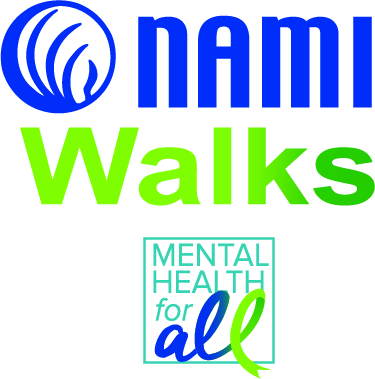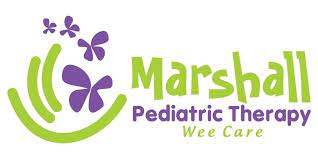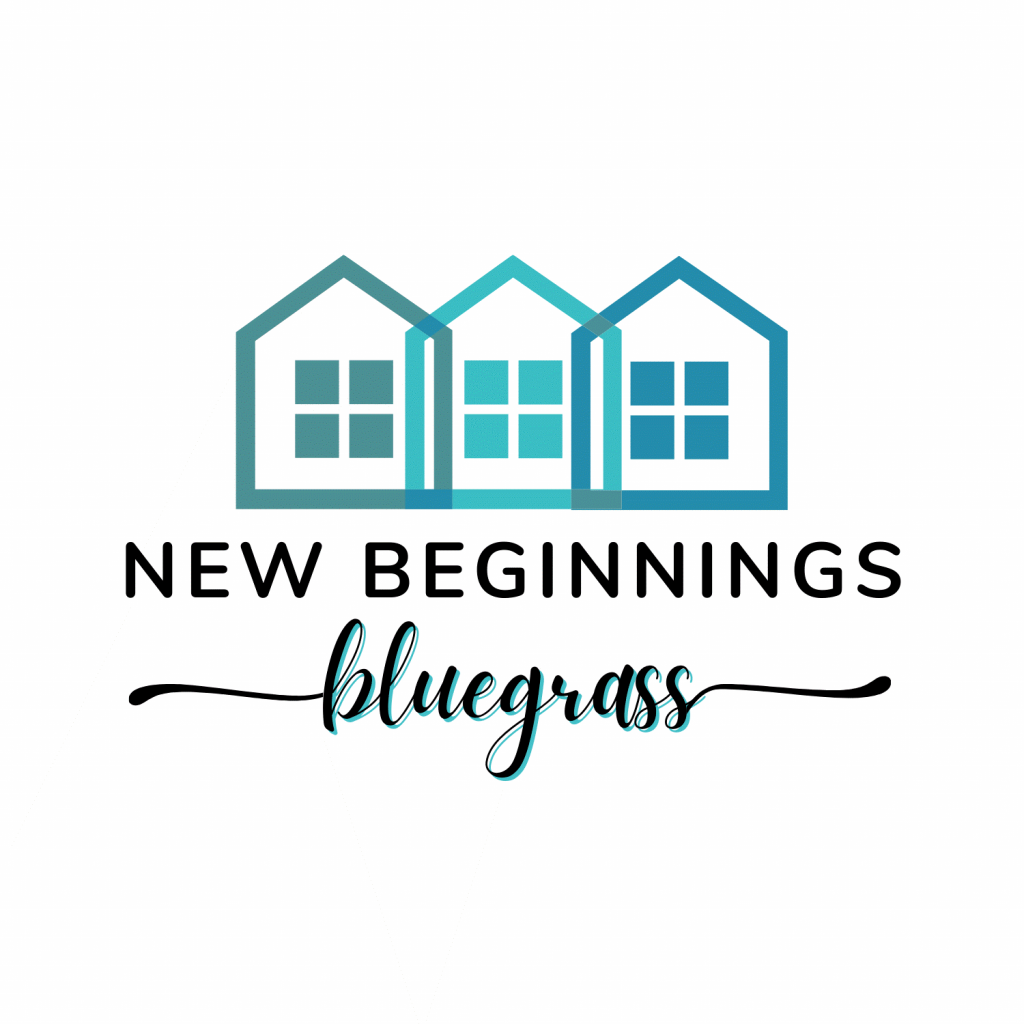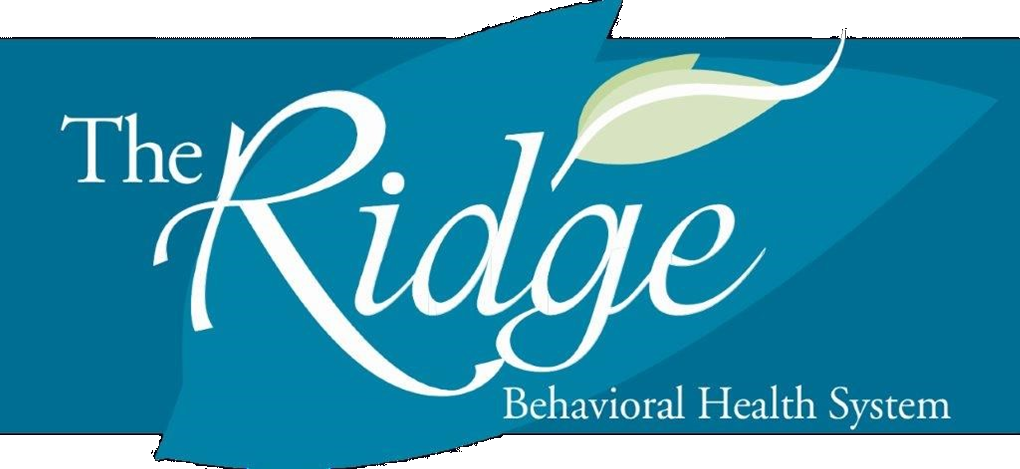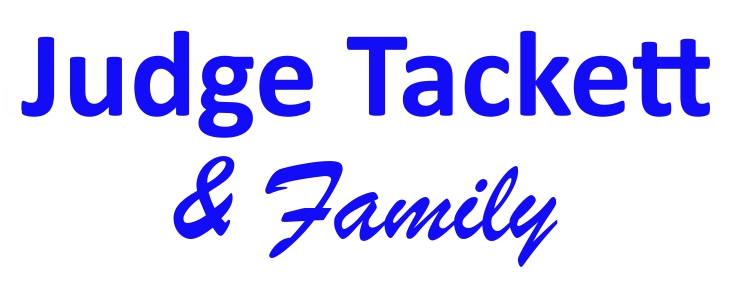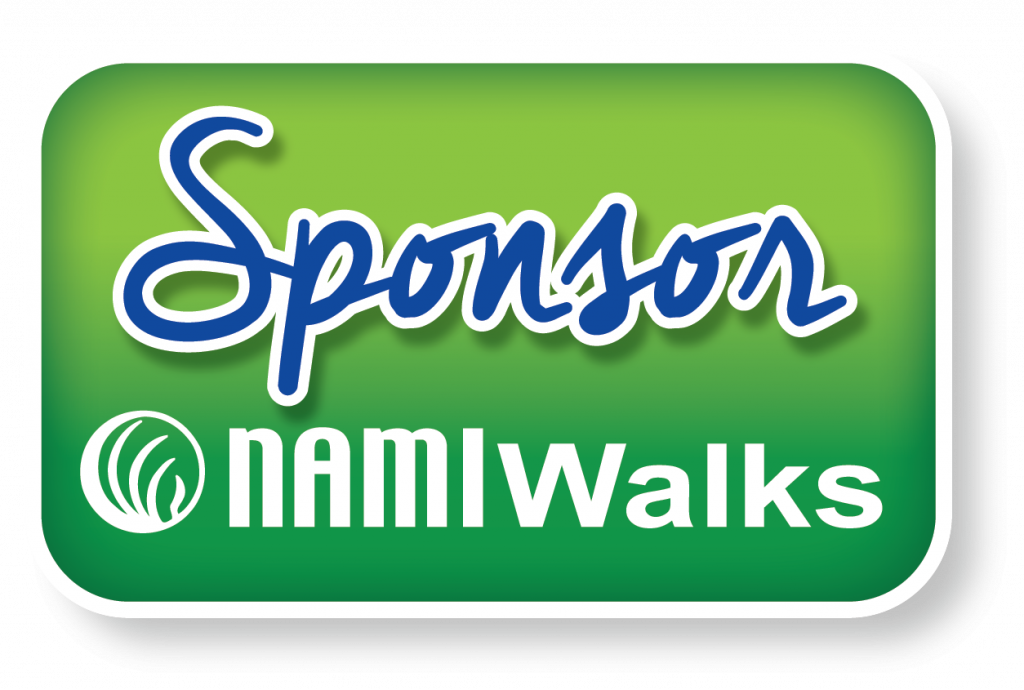NAMI Lexington’s mission is to “Promote Recovery”. Our expanded mission statement includes that we support, educate and advocate for family members and those living with severe mental illness. That’s a complex mission. It requires a lot of information sharing, and community support.
This blog will share valid, important information about mental illness, the mental health system — local, Commonwealth and national, and our own programs. It’s a more in-depth look at what we do. Whether you came across our blog via a social media tag, our website, a friend or family member, a provider’s referral, or because you’ve been a long-time NAMI supporter, we hope you’ll find the information we share useful and thought-provoking. If you’re inspired to become a member, a volunteer, a participant, or a donor, even better!
Still not sure about who we are?
If you’ve been with us awhile, you’ve heard us say mental illness isn’t a “casserole” illness. Almost no one shows up with casseroles, condolences, and support for you or your loved one if (s)he is diagnosed with mental illness. They do for cancer, heart attacks, and other illnesses, but not usually mental health crises. In fact, too often we hear of people being isolated, alienated and treated poorly by others because they or someone they love has shared their diagnosis. NAMI Lexington is countering that all-too-frequent response by offering a helping hand. We don’t offer casseroles, but we do have support groups, potluck gatherings, and educational programs designed to inform. All of our support programs are free, because no one facing mental illness should be turned away from the support they need. This blog isn’t an online support group, but we hope to highlight the good things our groups and support efforts are doing.
Our family education opportunities help family members to know what they are dealing with. Sharing factual information also helps people who are living with mental illness to understand what is happening and how they can improve. The public at large also needs more education, since for so long mental illness was seen as a weakness of willpower, a willful act put on by the individual, or worse. 1 in 4 of us is affected by mental illness in some way; knowing how to identify crisis symptoms, helping someone access help, and understanding there is treatment is crucial for our community’s wellness. This blog is going to be used as a tool to further educate our community, our members, and others.
Community involvement in mental health has been a hot topic for over a century. Who should have a say in care? How has care changed? What laws are helpful and what laws are now harmful to current treatment methods? Where are people “falling through the cracks?” That’s the advocacy piece of what we do. Helping identify problems and barriers in getting the most ill the treatment they need, ensuring access to up-to-date therapies, and coordinating with other community agencies to close the “cracks”. Advocacy is legislative, community-oriented, and even individual. Over time this blog will help explain our positions, encourage you to take a stand for what YOU believe in, and will attempt to keep you up-to-date on legislative changes.



